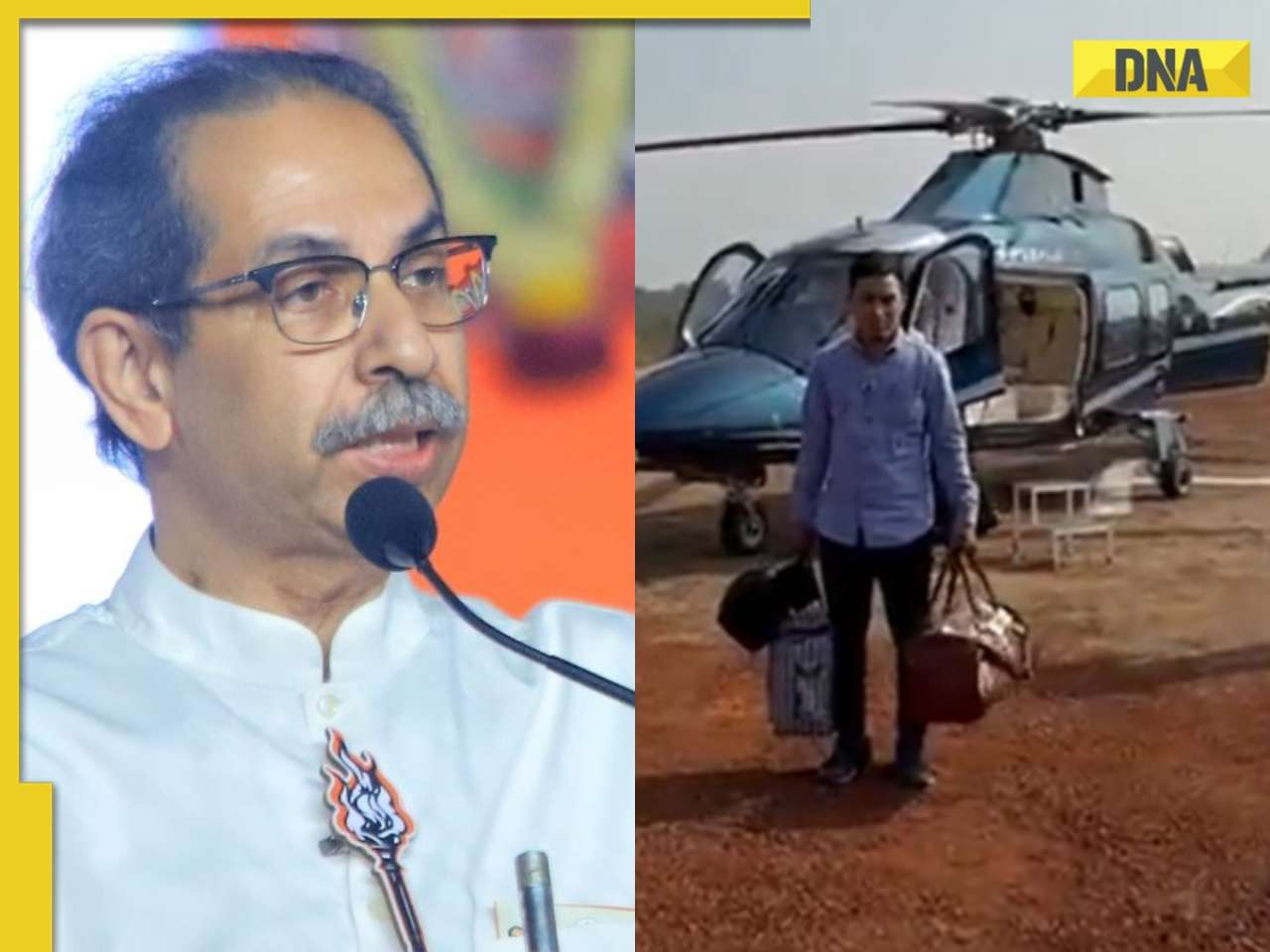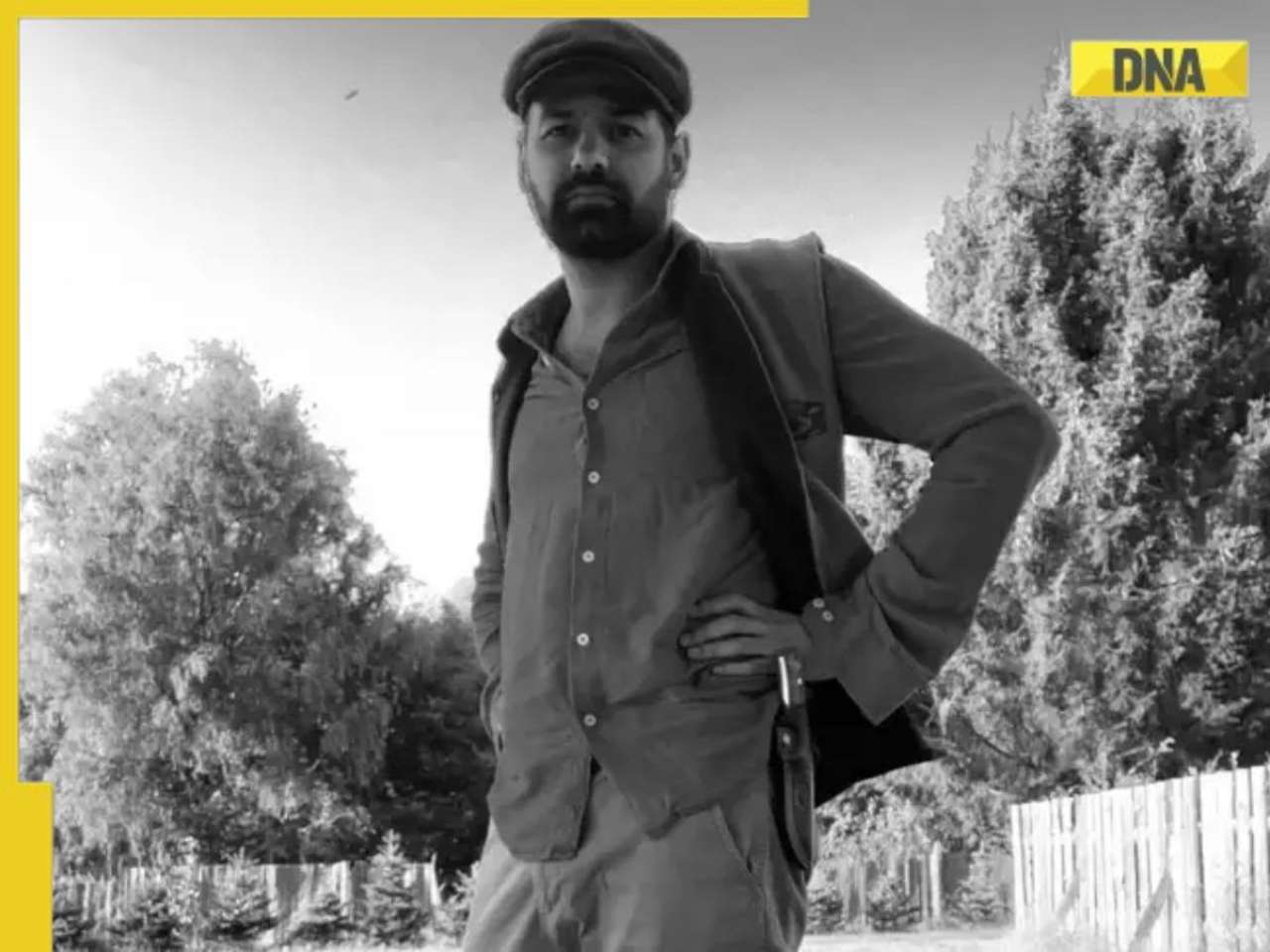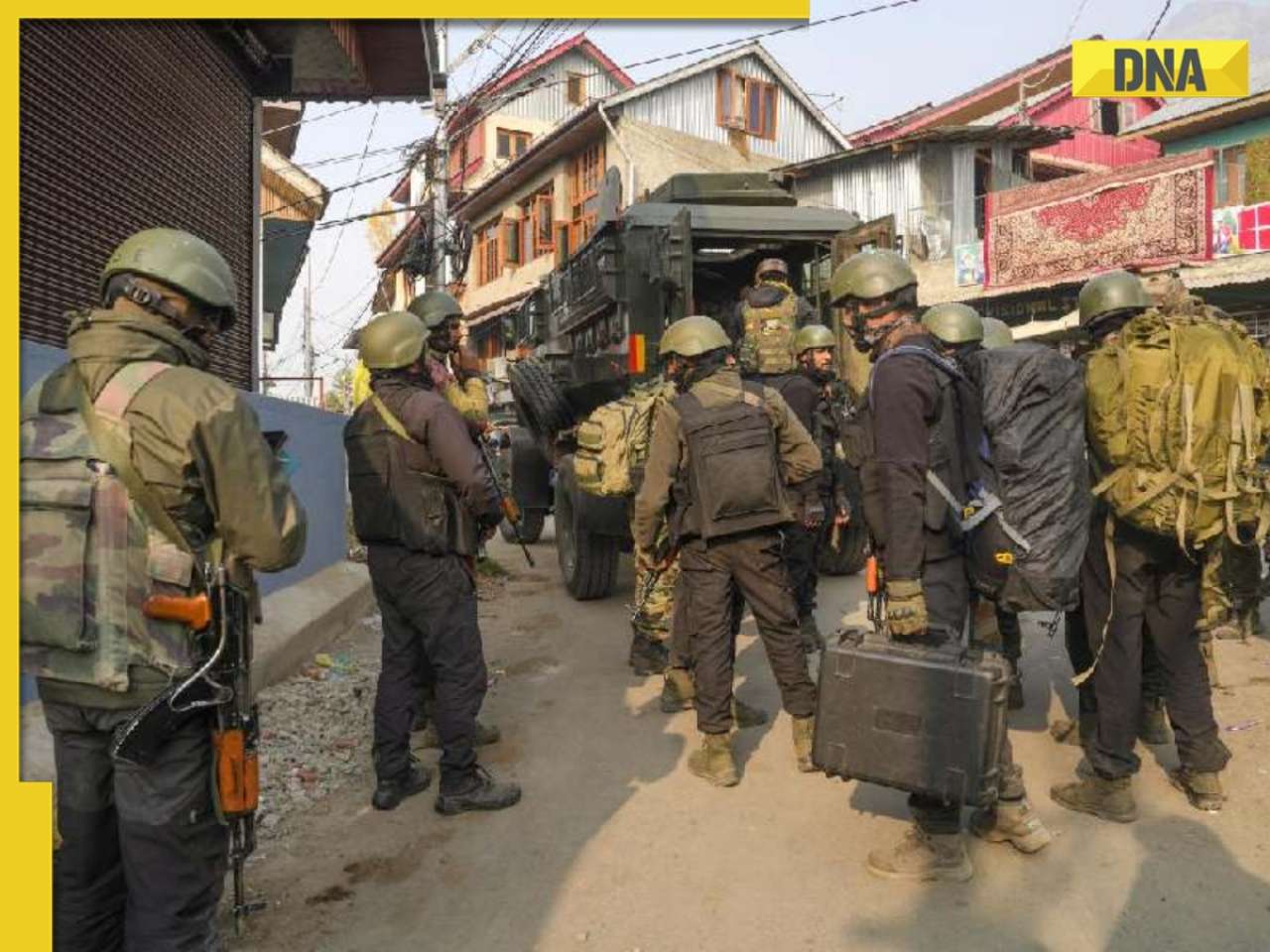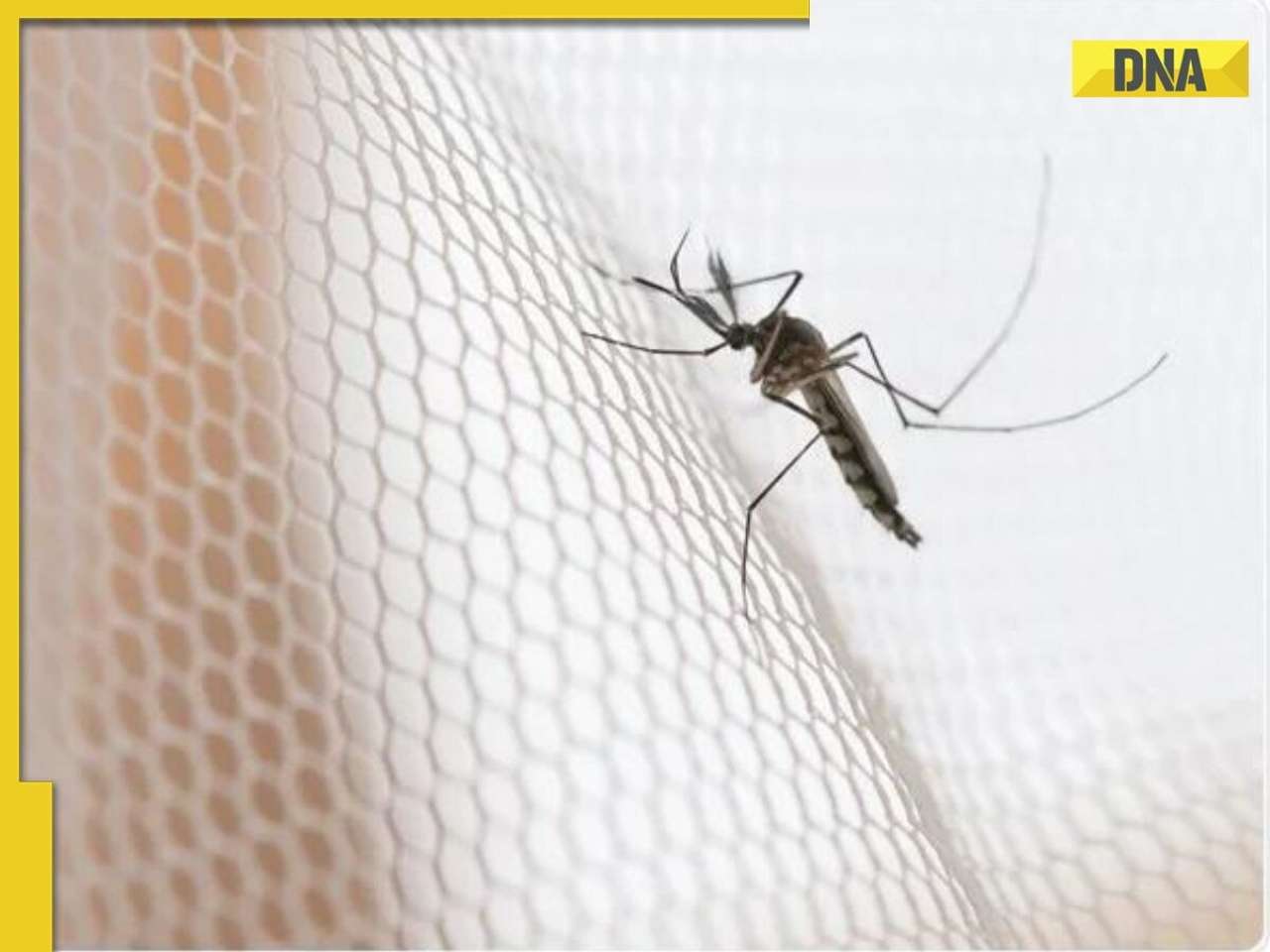- LATEST
- WEBSTORY
- TRENDING
WORLD
As garbage piles up, Egypt rues culling pigs over flu
Refuse management goes belly up without ‘biggest consumers of rubbish’.
TRENDING NOW
“The problem is clear in the streets,” said Haitham Kamal, a spokesman for the ministry of environmental affairs. “There is an intensive effort now from the state to address this issue.”
But the crisis should not have come as a surprise. When the government killed all the pigs in Egypt this spring —- in what public health experts said was a misguided attempt to combat swine flu — it was warned the city would be overwhelmed with trash.
The pigs used to eat tons of organic waste. Now the pigs are gone and the rotting food piles up on the streets of middle-class neighbourhoods like Heliopolis and in the poor streets of communities like Imbaba.
Ramadan Hediya, 35, who makes deliveries for a supermarket, lives in Madinat el Salam, a low-income community on the outskirts of Cairo. “The whole area is trash,” he said. All the pathways are full of trash. When you open up your window to breathe, you find garbage heaps on the ground.”
What started out as an impulsive response to the swine flu threat has turned into a social, environmental and political problem for the Arab world’s most populous state. It has exposed the failings of a government where the power is concentrated at the top, where decisions are often carried out with little consideration for their consequences and where follow-up is often nonexistent, according to social commentators and government officials.
“The main problem in Egypt is follow-up,” said Sabir Abdel Aziz Galal, chief of the infectious disease department at the ministry of agriculture. “A decision is taken, there is follow-up for a period of time, but after that, they get busy with something else and forget about it.”
Cairo’s garbage collection belonged to the informal sector. The government hired multinational companies to collect the trash, and decided to place bins around the city. But they failed to understand the ethos of the community. People do not take their garbage out. They are accustomed to someone collecting it from the door.
For more than half a century, those collectors were the zabaleen, a community of Egyptian Christians who live on the cliffs on the eastern edge of the city. They collected the trash, sold the recyclables and fed the organic waste to their pigs — which they then slaughtered and ate.
Killing all the pigs, all at once, “was the stupidest thing they ever did. This is just one more example of poorly informed decision makers,” said Moussa Rateb, a former garbage collector and pig owner.
Today the streets of the zabaleen community are as packed with stinking trash and as clouded with flies as ever before. But the zabaleen have stopped collecting most of the organic waste. Instead they dump it wherever they can or pile it beside trash bins scattered around the city by the international companies that have struggled in vain to keep up with the trash.








)
)
)
)
)
)
)
)
)
)
)
)
)
)
)






























































